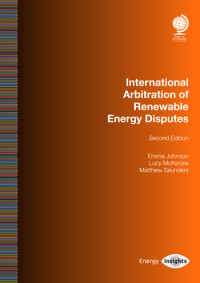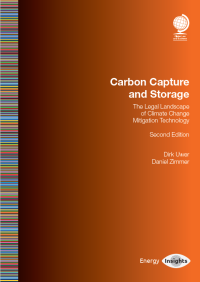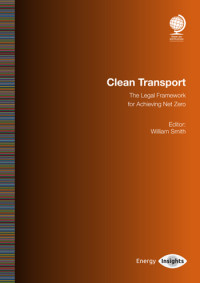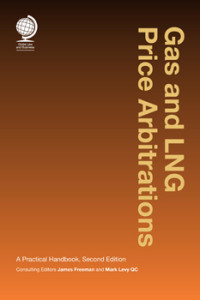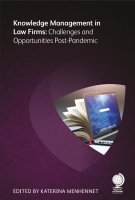
Author(s): Emma Johnson, Lucy McKenzie, Matthew Saunders - Ashurst
Publication date: Dec 2024
Format: A4 Softback
Pages: 115
Price: £125.00
ISBN: 9781837230525
How our eBook platform works
How permanent access, multi-user eBooks work
Add to basket (UK and Europe)Add to basket (USA, rest of world)
Add to basket (UK and Europe)Add to basket (USA, rest of world)
Decarbonisation of the energy sector is critical to achieving the emissions reductions required to meet the Paris Agreement climate change goals. However, the sector must balance increasing energy demand with the need to achieve sustainability of energy supply, the importance of which has been accentuated by the COVID-19 pandemic and the Russia-Ukraine war, which have added an energy security imperative. Traditional dependence on fossil fuels needs to be replaced with new technologies – and renewable energy sources are central to the transition.
The increase in renewable energy capacity globally, and its complexities, give rise to a wide range of potential disputes. International arbitration has long been the preferred dispute resolution forum for the energy sector and is well placed to be the preferred process for dispute resolution in renewables projects.
The second edition of this Special Report considers:
- the defining characteristics of renewables projects;
- the scope for disputes to arise in the implementation of these projects, including a discussion of the elements of renewable energy projects that give rise to disputes between investors, states and commercial parties;
- the common contractual protections that can be used to address disputes risk;
- the suitability of arbitration to resolve disputes, the key considerations for parties negotiating arbitration agreements, and how arbitral procedures might be adapted for effectiveness; and
- potential future renewable energy dispute trends, including as a consequence of the recent spate of EU member state withdrawals from the Energy Charter Treaty, and as the effects of various geopolitical events continue to be felt.
Written for both a legal and non-legal audience, this Special Report is relevant to those interested in learning about the scope for disputes in the renewables sector, how they can be avoided, and how arbitration can best be deployed to prevent delay, resolve disputes and help push the energy transition forward.




